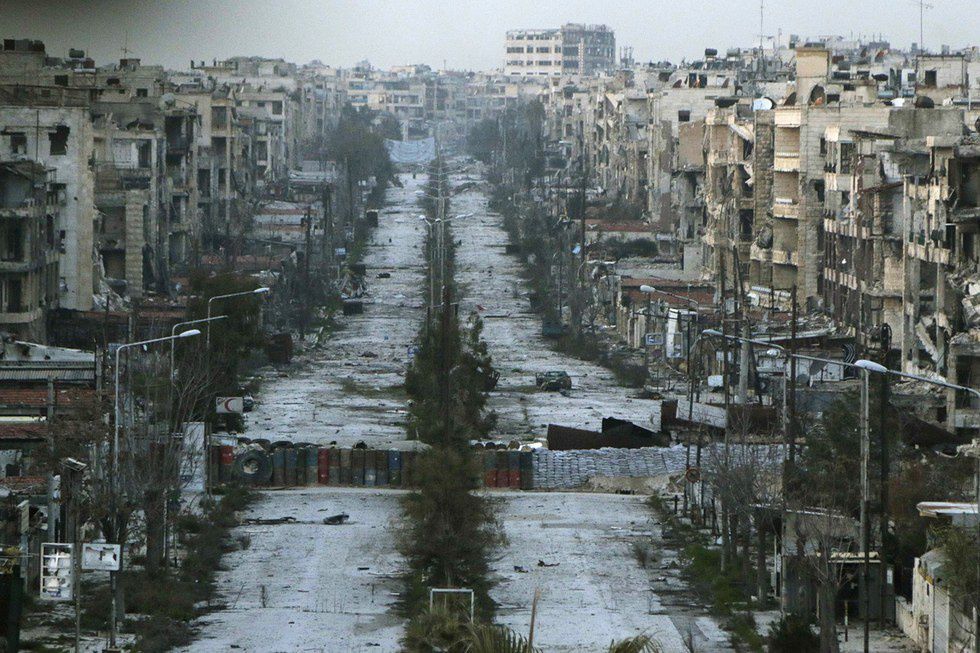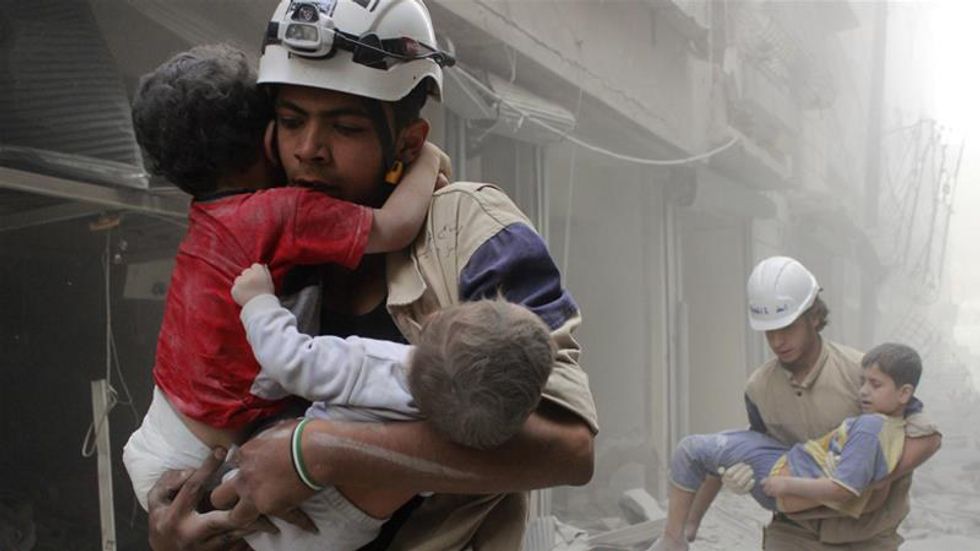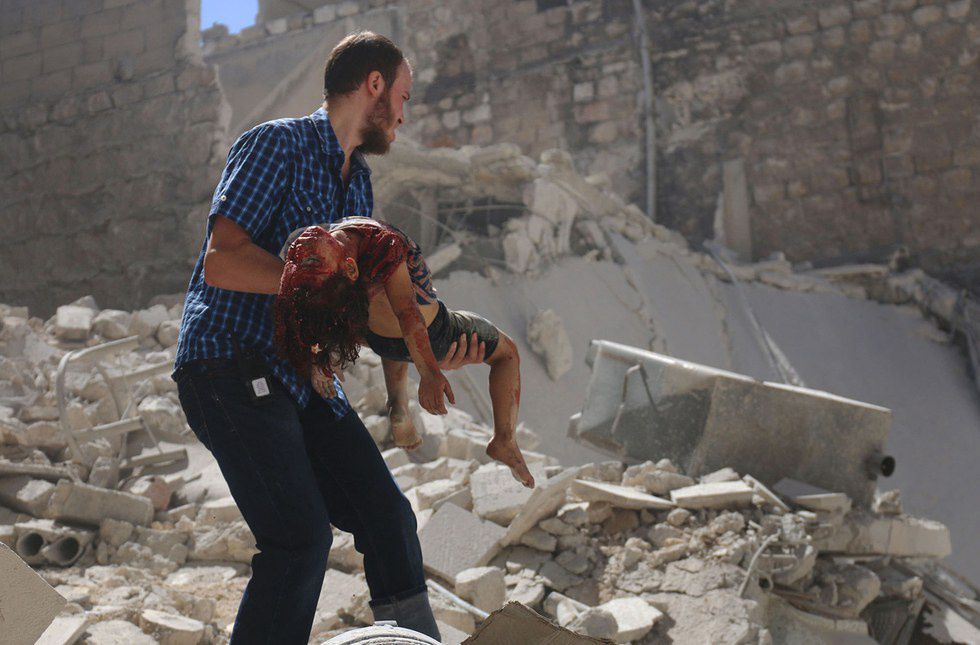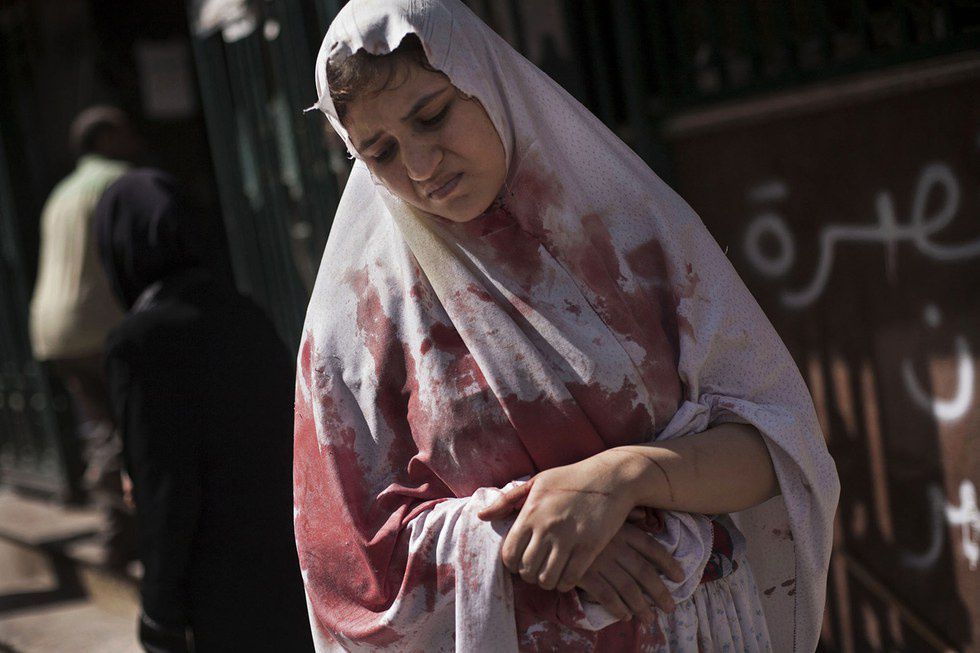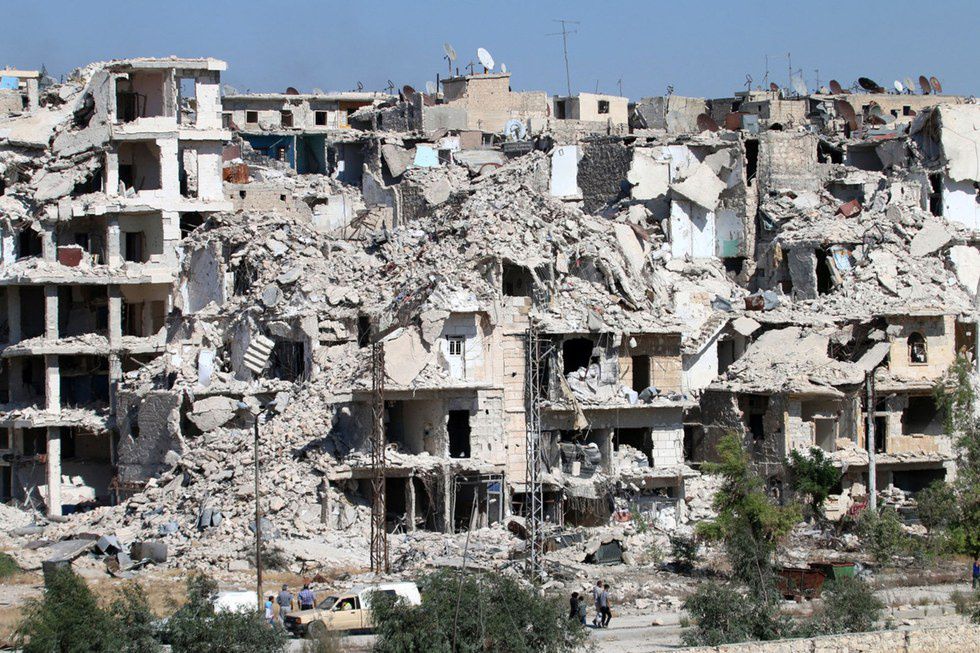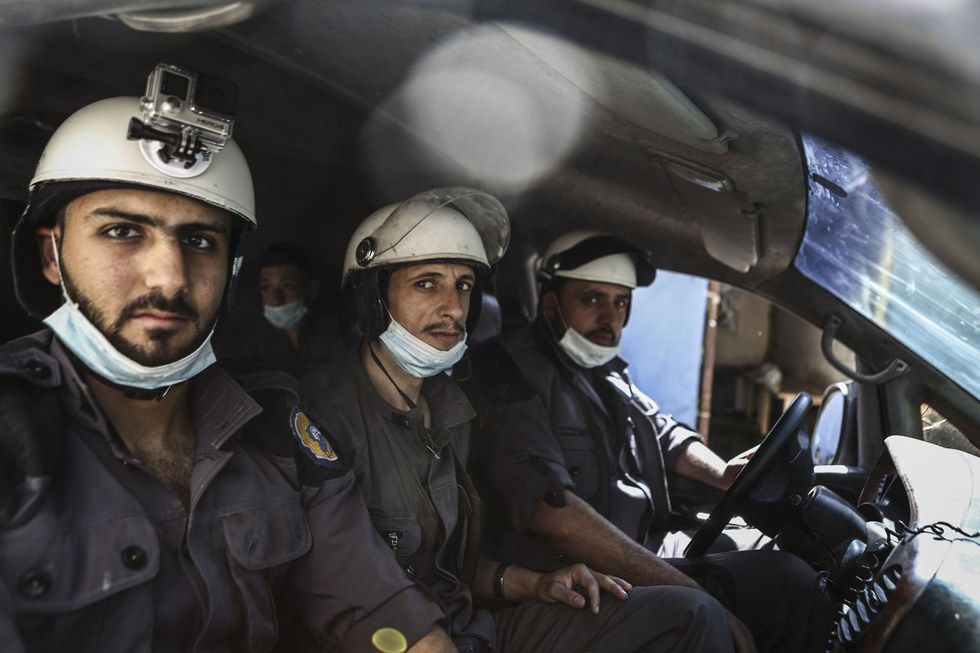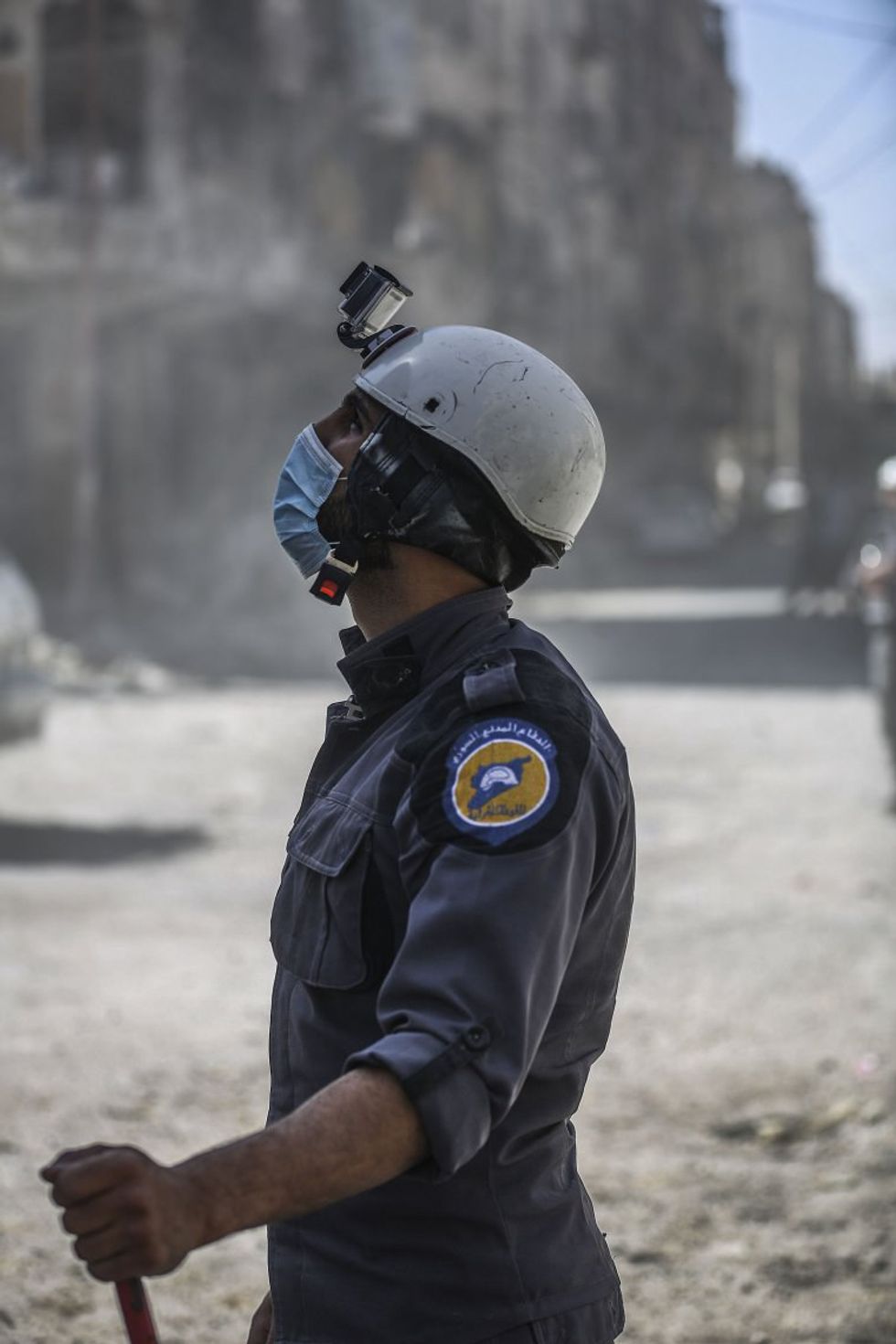"To save one life is to save all of humanity."
The death toll in Syria has now risen to over 470,000 casualties according to the Syrian Center for Policy Research (SCRP). With the recent intervention by Russia in an effort to prop up the Assad regime, the death toll has continued to rise. The Assad regime and its Russian allies regularly engage in indiscriminate killing in the form of sarin gas, barrel bombing, and executions. The rebellion that began in March of 2011 has since collapsed. Aleppo has now fallen, and the situation in Syria has become increasingly complex. It's a civil war between the people of Syria and those loyal to Assad's dictatorship, it's a proxy war between the United States, and Russia and Iran, and it's an opportunity that ISIS has taken to wage war with its own twisted ideology.
Operating in rebel-held parts of Syria, a group of over 3,000 volunteers known as the White Helmets, are the first to respond to bombings. Formed a few years after the civil war began, the White Helmets have saved over 78,500 lives in rescue and recovery operations since 2013. Their efforts have not come without a cost, though. 154 White Helmets have been killed while attempting to save lives of civilians. Despite the risks they face, the White Helmets truly embody their motto: "To save one life is to save all of humanity." A documentary released on Netflix in late 2016, titled "The White Helmets," follows these men and women through several recovery missions in Aleppo as they deal with the loss of friends, family, and those they cannot save from the rubble.
The documentary is a powerful, eye-opening experience that everyone should see. It is a look into the daily life of the people of Syria, and the disturbing reality of modern warfare. It will test your faith in humanity and, at the same time, give you hope that mankind still has a shred of decency left in it.
Below is look at the White Helmets and what they encounter on a daily basis. These photographs are graphic in nature, but it is necessary for you to see the reality of the conflict, as that reality is often lost on us.




